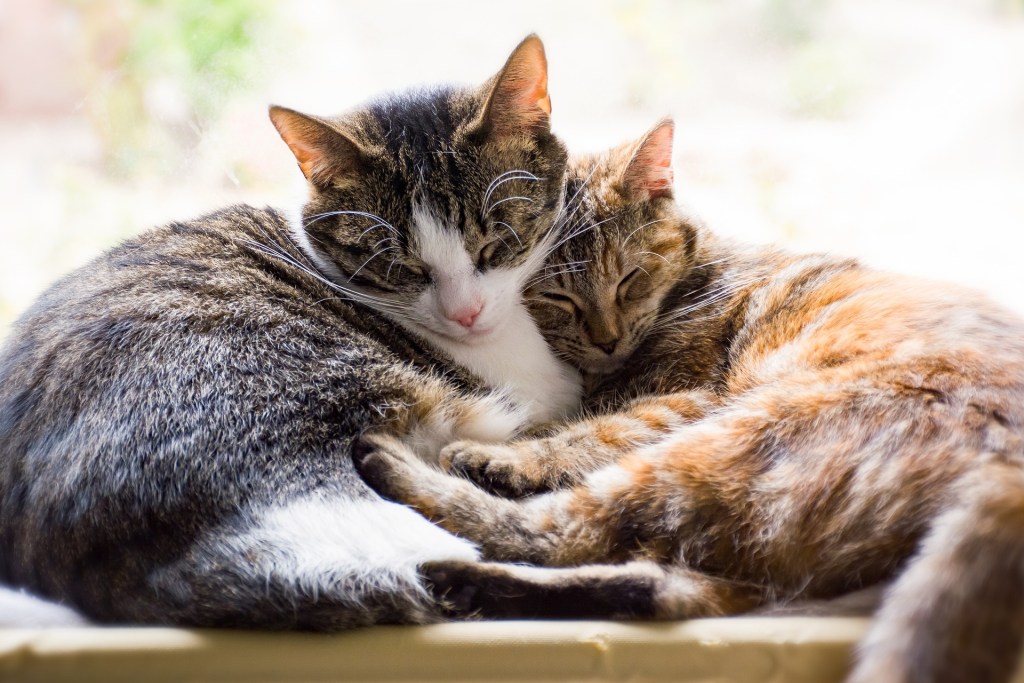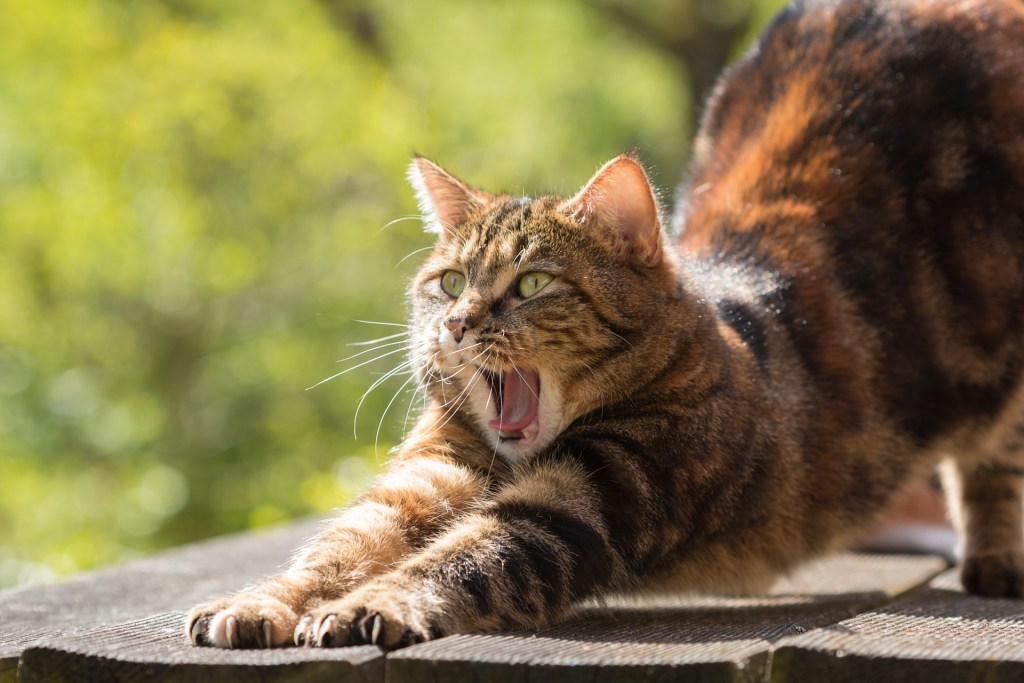Cats depend on their human caretakers to ensure they always have a good home. But when those human caretakers themselves pass away or have to go into a nursing home, senior cats are left with limited options. Because these cats are hard to adopt out through shelters, cat retirement homes have generally emerged. These special homes give senior cats a second chance, providing them with a safe place where they can happily live out their golden years. A retirement home can be an ideal solution for many cats when they would otherwise have to go into a shelter. Here’s what you need to know.

Understanding cat retirement homes
Cat retirement homes act as sanctuaries for cats who don’t have anywhere else to go. Every retirement home differs slightly in its policies. Some may provide safe homes for cats for the rest of their lives. Other homes may make those cats available for adoption if the right person comes along.
Volunteers typically staff these cat retirement homes, but there’s also usually a staff person who oversees all the cat care.
Cats arrive at retirement homes from different situations. Often, cats are donated to the homes when their owners have passed away and the family can’t keep the cat. Some cats may be brought to retirement homes when their owners have dementia or other health issues that require placement in a nursing home or other care facility. It’s always ideal for a cat to remain with their family, but retirement homes exist for situations where that just isn’t possible.
Most cat retirement homes work to create an ideal, long-term living situation for their residents. Unlike shelters, where cats are separated and live in kennels, retirement homes often provide cats with a free-roaming lifestyle. This makes for a natural, comfortable environment that promotes health and happiness in the resident cats.
What to know about a retirement home’s policies
The environments and policies at cat retirement homes can differ greatly, so it’s important to ask careful and detailed questions if you’re considering placing a cat in one of these homes. You’ll want to consider many different types of information when deciding if the home is right for a cat.
- Location: Start by considering the retirement home’s location. Cat retirement homes aren’t all that common, so you may need to travel to get a cat to them. Be sure to add this to your budget.
- Costs: Next, you’ll need to ask a home about the costs involved. Most retirement homes charge an intake fee that helps cover the costs of caring for a cat. That fee often starts around $1,000. A home might also ask for a monthly or daily contribution to help cover a cat’s ongoing care costs, and those fees can vary.
- Requirements for acceptance: You should also ask about the retirement home’s requirements for accepting a cat. Most homes will require that the cat not have any living family that could care for them. There may be additional health and vaccination requirements that a cat will need to meet.
- Is it registered: It’s essential to ask whether the retirement home is a registered sanctuary. Being registered means the home will need to adhere to additional regulations regarding the environment and care of the cats. This is particularly important because you won’t necessarily be visiting the cat, so you’ll want to know that you’re putting them into a good situation.

Getting the details on the care a home provides
It’s best to visit the retirement home ahead of time in person, if at all possible. An in-person visit can give you a good sense of the environment where the cat will be living. If you can’t see the facility in person, then you’ll need to ask many detailed questions about the retirement home’s environment. Find out whether cats are allowed to roam freely, if they can go outside, how many cats they’ll live with, and how much human interaction they receive on a daily basis.
Because these retirement homes care for aging cats, it’s essential to ask about the health care that cats will receive. In particular, ask about flea and tick management, grooming for senior cats who may need some help, and what the facility does in the event of a health emergency. You’ll want to get details about what conditions a facility will treat and when they might make the decision to put a cat to sleep. Ask about what veterinary services they use and then look into those services to make sure that they also have good reviews.
Cat retirement homes provide a much-needed service to cats whose owners have either passed away or are physically unable to care for them because of life changes. These homes can create positive environments for these older cats where they can live out their lives peacefully and happily. While cat retirement homes may sound ideal, it’s important to carefully interview them just as you would interview a family who was willing to take in your cat. If you find a reputable, quality cat retirement home, it might be an ideal solution for an older cat who’s losing their human family member and caretaker.


